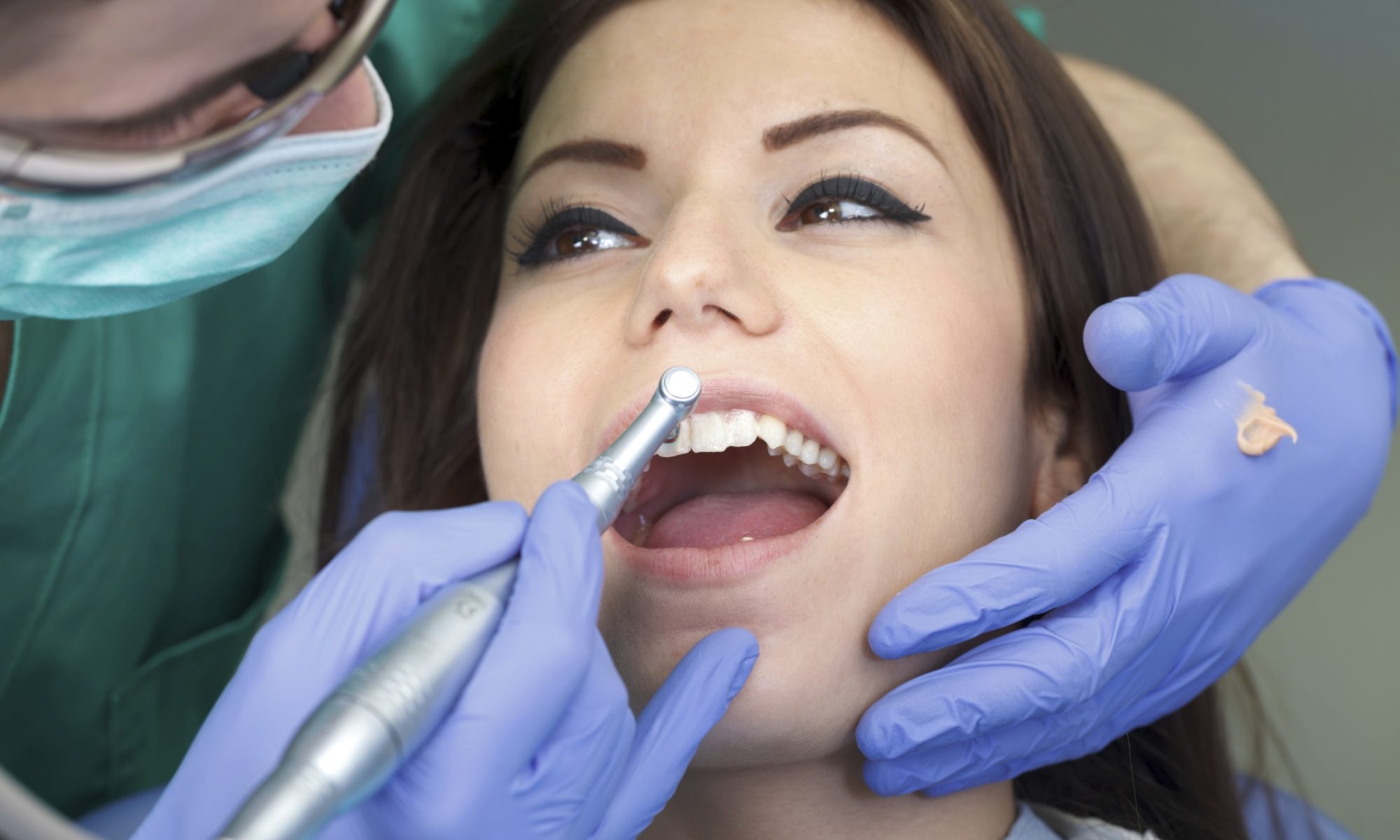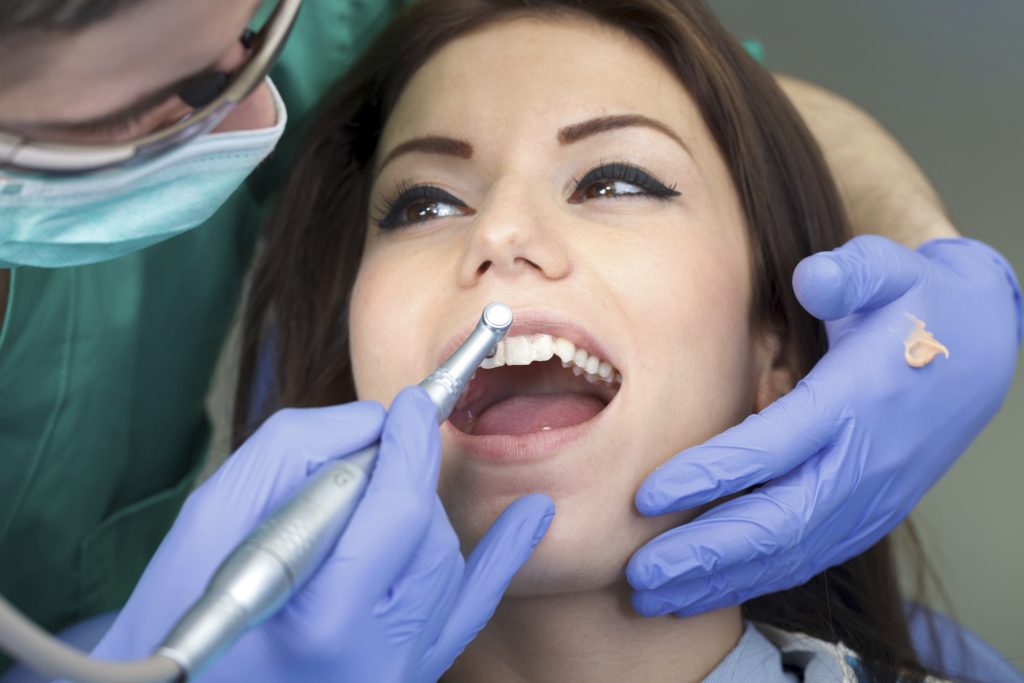Having our X-rays taken at the dentist is considered standard procedure. Yet, there are reasonable reservations individuals may have about the risks associated with inviting x-rays into their lives. Here are some things you should know about dental x-rays.
Overview
X-rays are an important tool for every specialty within dentistry. They are generally considered to be a safe, effective means for dentists to understand your unique oral structure and health. Dentists will take four different types of x-rays; bitewing, occlusal, panoramic and periodical. Each of these focus on a different aspect of your teeth and bite.
The bitewing will show how well your teeth align and may also show cavity development. Occlusal x-rays capture all your teeth in a single image and can help detect abnormalities in the anatomy of your mouth or palate. Panoramic images let dentists check your wisdom teeth, jaw and any implants you may have. Periodical images show the entire tooth from root to crown.
Purpose
The purpose of a radiograph, or x-ray, is to analyze oral health. They capture what is happening on the interior if your teeth and gums. Images allow dentists and orthodontists to evaluate positioning, decay and impact of the teeth. Whenever you enter a new practice without existing or current imagery your dentist will take them for your file with their practice.
They are also used to track the progression of growing teeth in children and the progress of any treatment you may undergo.
For more information about caring for your veneers, call Dr. Sciabica in Issaquah, WA at 425-392-3900 or visit www.issaquahdentists.com.
Dr. Frank S. Sciabica proudly serves patients from Issaquah and all surrounding areas.


